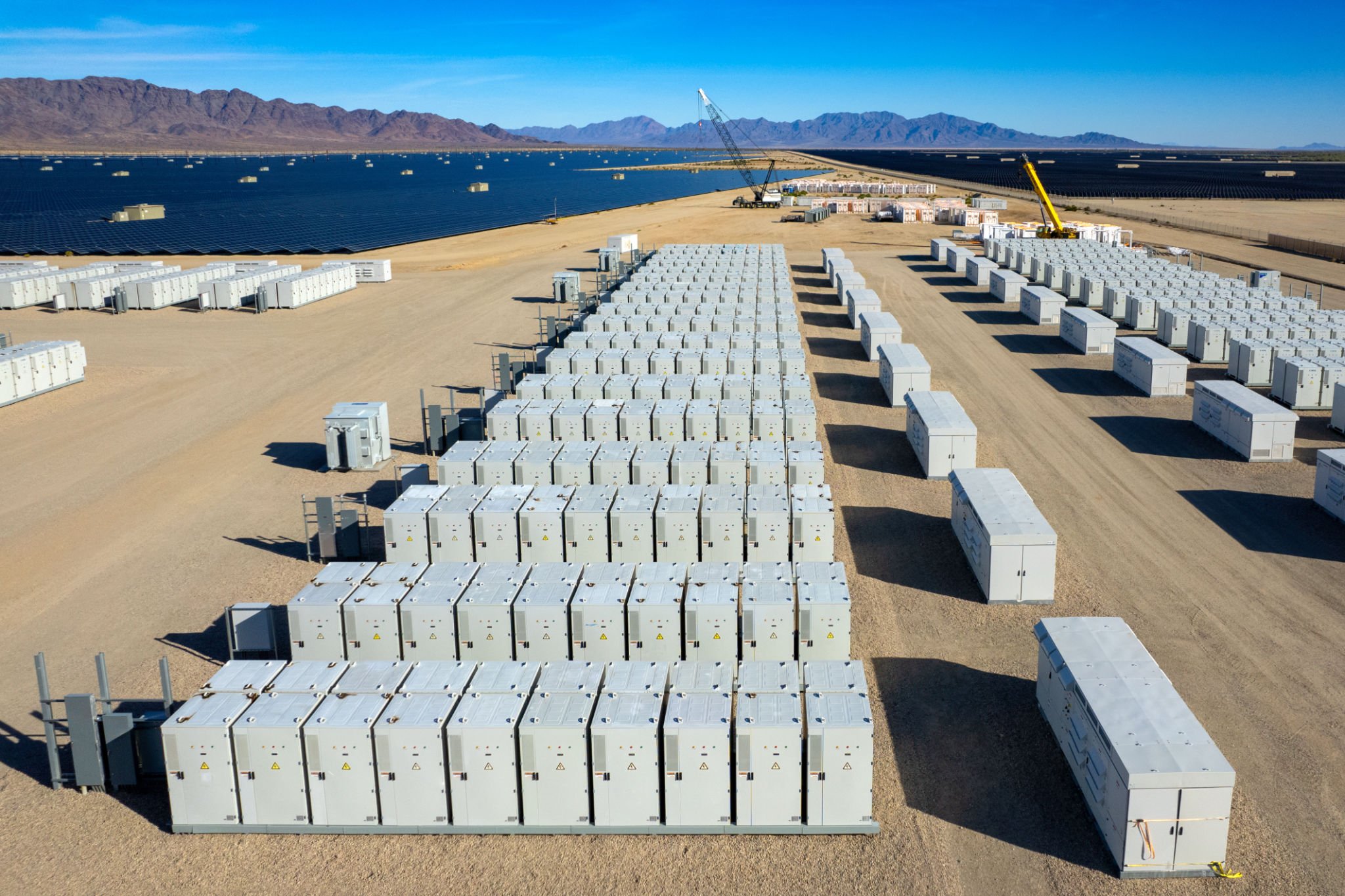Seasonal Energy Challenges in West Australia and How Battery Storage Can Help
Understanding Seasonal Energy Challenges in West Australia
Western Australia experiences a unique set of energy challenges throughout the year due to its distinct climate and geographical conditions. The seasonal variations pose significant demands on energy systems, impacting everything from household consumption to industrial operations. During the summer months, extreme heat leads to increased air conditioning use, resulting in higher electricity demand.
Conversely, winter brings cooler temperatures, which can also strain the energy supply as heating systems are used more frequently. These fluctuations not only affect the stability of the energy grid but also contribute to higher energy bills for consumers. Addressing these challenges requires innovative solutions that can adapt to these seasonal changes.

The Role of Renewable Energy in Mitigating Challenges
Renewable energy sources, such as solar and wind, have become increasingly important in addressing seasonal energy challenges. Western Australia is particularly well-suited for solar power, given its abundance of sunshine throughout the year. However, the intermittent nature of these resources means they cannot always meet demand without effective storage solutions.
During peak production times, surplus energy often goes unused or is lost, highlighting the need for a reliable way to store and manage this excess energy. This is where battery storage systems come into play, offering a way to harness renewable energy efficiently and ensure its availability when needed most.

How Battery Storage Systems Work
Battery storage systems capture and store excess energy produced during periods of high generation, such as sunny days for solar panels. This stored energy can then be used during peak demand times or when renewable generation is low. By balancing supply and demand, battery systems help stabilize the grid and reduce reliance on fossil fuels.
These systems can range from small-scale residential setups to large-scale installations for commercial and industrial use. The flexibility of battery storage makes it an ideal solution for various applications, providing a buffer against energy shortages and helping to maintain a consistent power supply.

Benefits of Battery Storage in West Australia
The integration of battery storage systems offers numerous benefits for Western Australia. One of the most significant advantages is the reduction in energy costs. By storing excess energy and using it during peak demand periods, consumers can reduce their dependence on the grid and lower their electricity bills.
Additionally, battery storage supports grid stability by providing a reliable energy source during outages or periods of high demand. This resilience is crucial in a region prone to extreme weather conditions that can disrupt power supply. Moreover, battery storage contributes to environmental sustainability by maximizing the use of renewable resources and minimizing carbon emissions.
Implementing Battery Storage Solutions
For those considering battery storage solutions, several factors must be considered. The size and capacity of the system should align with the energy needs of the home or business. Additionally, understanding the local regulations and potential incentives available for installing renewable energy systems can provide financial benefits.
Consulting with experts in the field can help tailor a battery storage solution that meets specific requirements while ensuring maximum efficiency and cost-effectiveness. As technology advances, battery storage systems are becoming more accessible and affordable, making them a viable option for many Western Australians.

Future Outlook for Energy Storage in West Australia
As the technology continues to evolve, battery storage is expected to play an increasingly vital role in Western Australia's energy landscape. With ongoing investments in research and development, future systems are likely to offer greater efficiency, capacity, and affordability. This progress will support the region's transition toward a more sustainable and resilient energy future.
The widespread adoption of battery storage could significantly reduce reliance on traditional energy sources, leading to a cleaner environment and more stable energy prices. Emphasizing sustainable practices will not only benefit current residents but also ensure future generations have access to reliable and eco-friendly energy solutions.